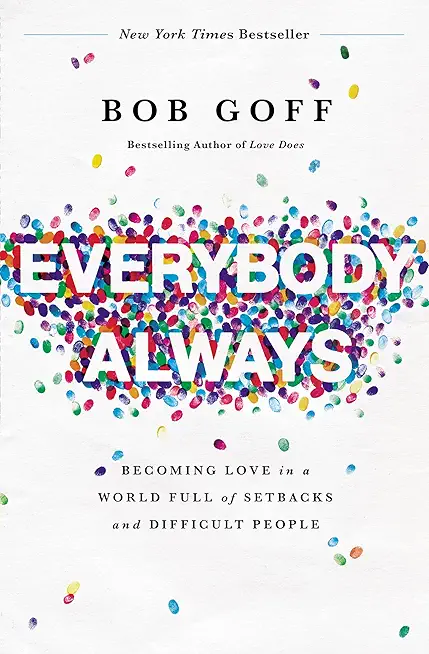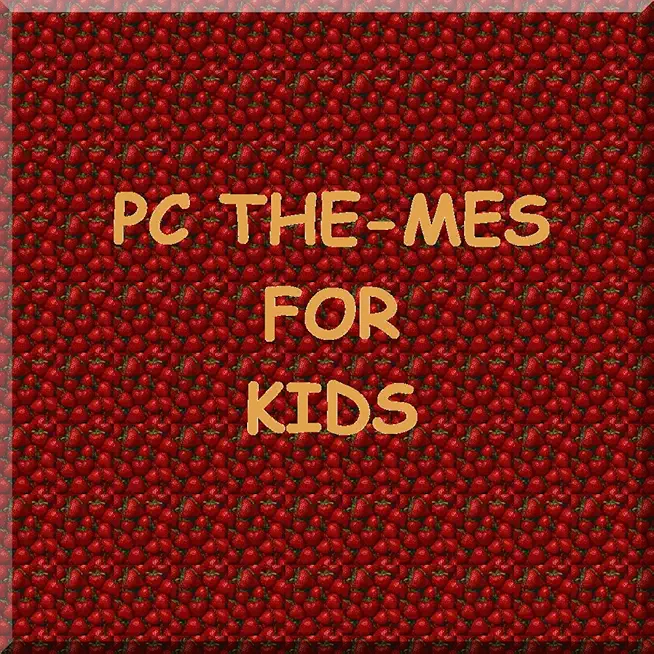Procrastination and Memory: The Perfect Combo
Let’s face it—procrastination is the sneaky villain in all our productivity stories. We all know the grind: promising ourselves we’ll start that project, clean out the attic, or finish that book… and yet, we find ourselves knee-deep in Netflix or scrolling through social media feeds instead. So why do we keep falling into this trap?
And more importantly, how can we break free?
Enter the procrastination equation and a little tool called Anki. The procrastination equation, courtesy of Piers Steel, breaks down why we procrastinate into four main components: Value, Expectancy, Impulsiveness, and Delay. Simply put, if we value a task, believe we can succeed at it, stay focused, and don’t feel it’s too far off, we’re much less likely to put it off. But when any of these factors waver, so does our motivation. It’s a balancing act, and it’s one many of us struggle with daily. Picture this: you’ve got a saxophone practice routine, but you’re finding every excuse in the book to avoid it. You love the sax (Value = 10), but you feel like you’ve hit a plateau (Expectancy = 5).
You can’t stop clicking on those YouTube videos instead of playing (Impulsiveness = 2), and the thought of becoming a great saxophonist seems like a distant dream (Delay = 2).
Right there, you see how the procrastination equation plays out in real life. So, what’s the fix?
Well, it starts with awareness. First off, notice when you’re procrastinating. Did you just blow an hour on Facebook instead of tackling that project?
Ask yourself: what was I trying to work on?
Was it clear?
Did I have the tools I needed?
And most importantly, what can I do to get back on track?
Here’s the thing: if you’re stuck, it might help to identify which aspect of the procrastination equation is at play. Are you distracted?
Focus on reducing Impulsiveness. Does the task feel meaningless?
Look at your Value. Is the deadline too far away?
You guessed it, that’s a Delay issue. Now, let’s pivot to Anki. This tool is a game-changer for memory retention and can be a lifesaver when you’re trying to cut back on procrastination. If you find yourself drowning in cluttered decks filled with outdated and irrelevant notes, it might be time for a reset. Simplifying your Anki decks can do wonders. You don’t need dozens of decks—fewer, more focused decks can help make studying feel less overwhelming and more productive. Consider this approach: only keep the material that really matters. If your notes from that book are bloated, pare them down to just the key ideas. Instead of rote memorization, shift your focus to “reminder” notes that offer a nudge rather than a quiz. Now, you’re probably thinking, “Why should I care?” Because blending the principles of the procrastination equation with effective memory tools can supercharge your productivity. When you create an environment where procrastination is minimized and learning becomes more engaging, you’re setting yourself up for success. And here’s a wild thought: you can even gamify the process. Use Anki to turn that drudgery into something more entertaining. Maybe even challenge yourself to a quick practice session after a short break. But remember, neither the procrastination equation nor Anki is a magic bullet. They can’t solve all your productivity woes, especially if you’re lacking autonomy in your tasks or if you’re simply not interested in what you’re working on. You still have to do the work. So, the bottom line is this: tackle procrastination head-on by understanding what holds you back, streamline your studying with Anki, and don’t overthink it. Sometimes, just getting started is half the battle. Trust me, we’ve all been there. Now, go out there and kick procrastination to the curb!
You’ve got this!



